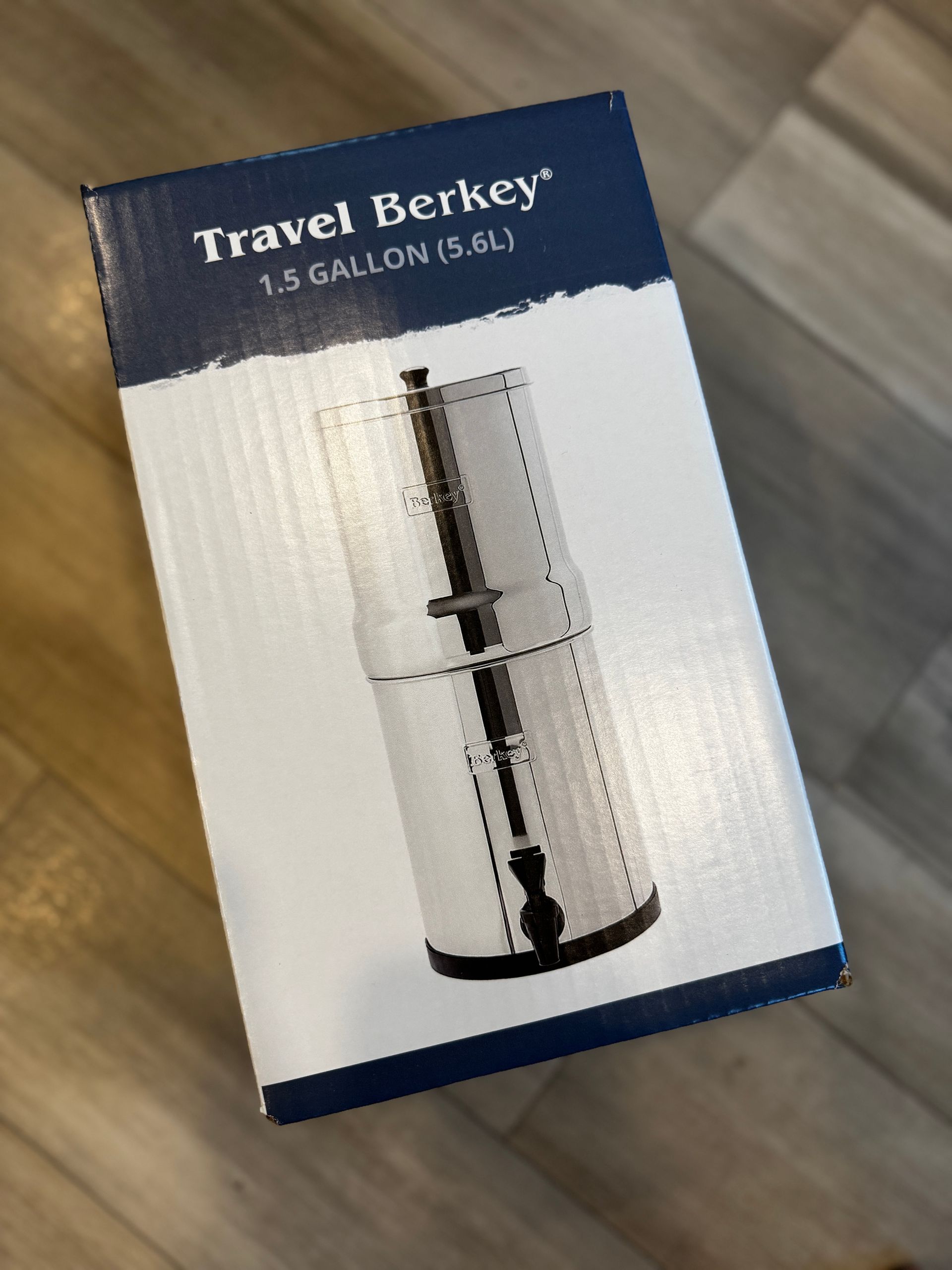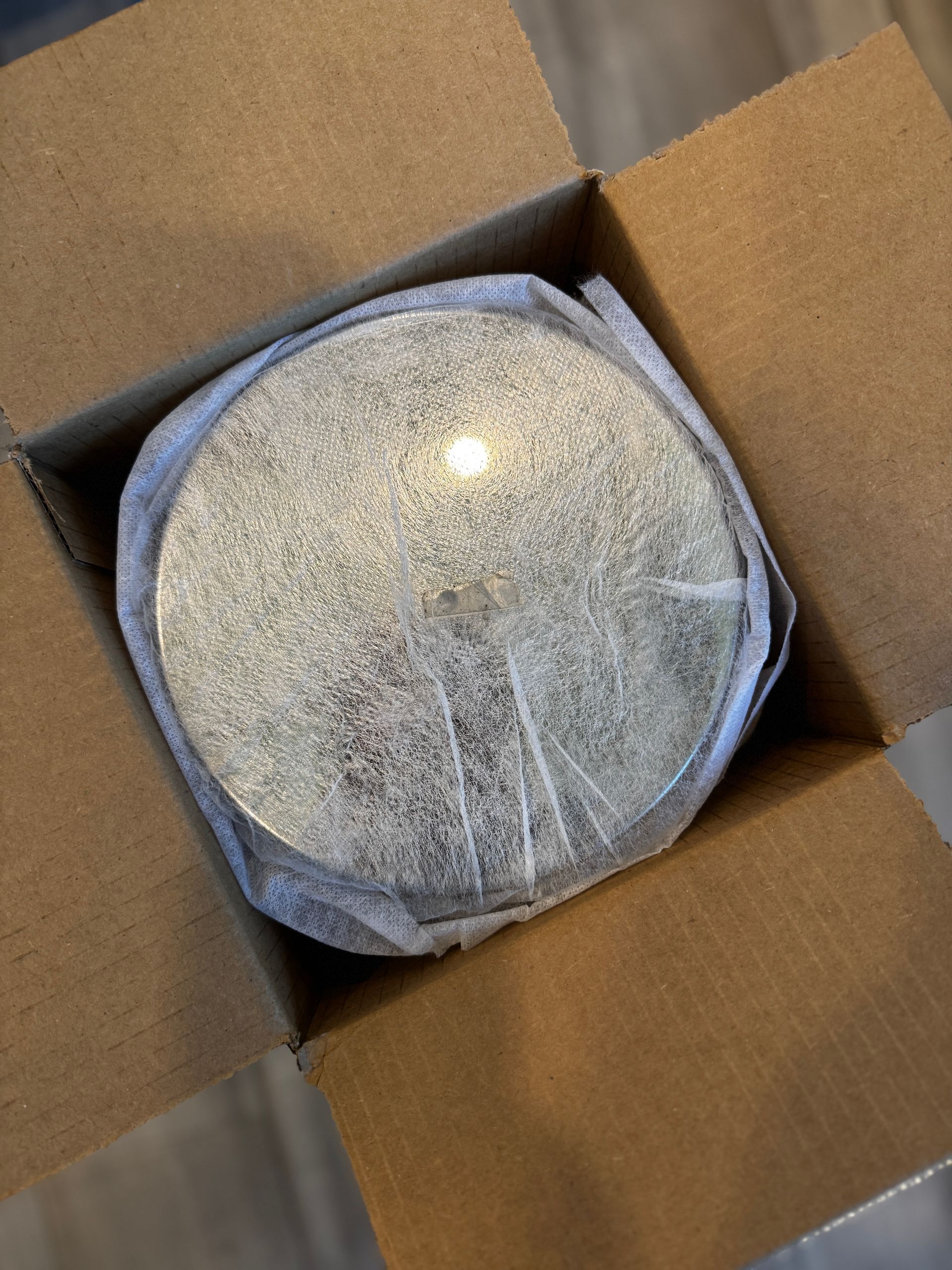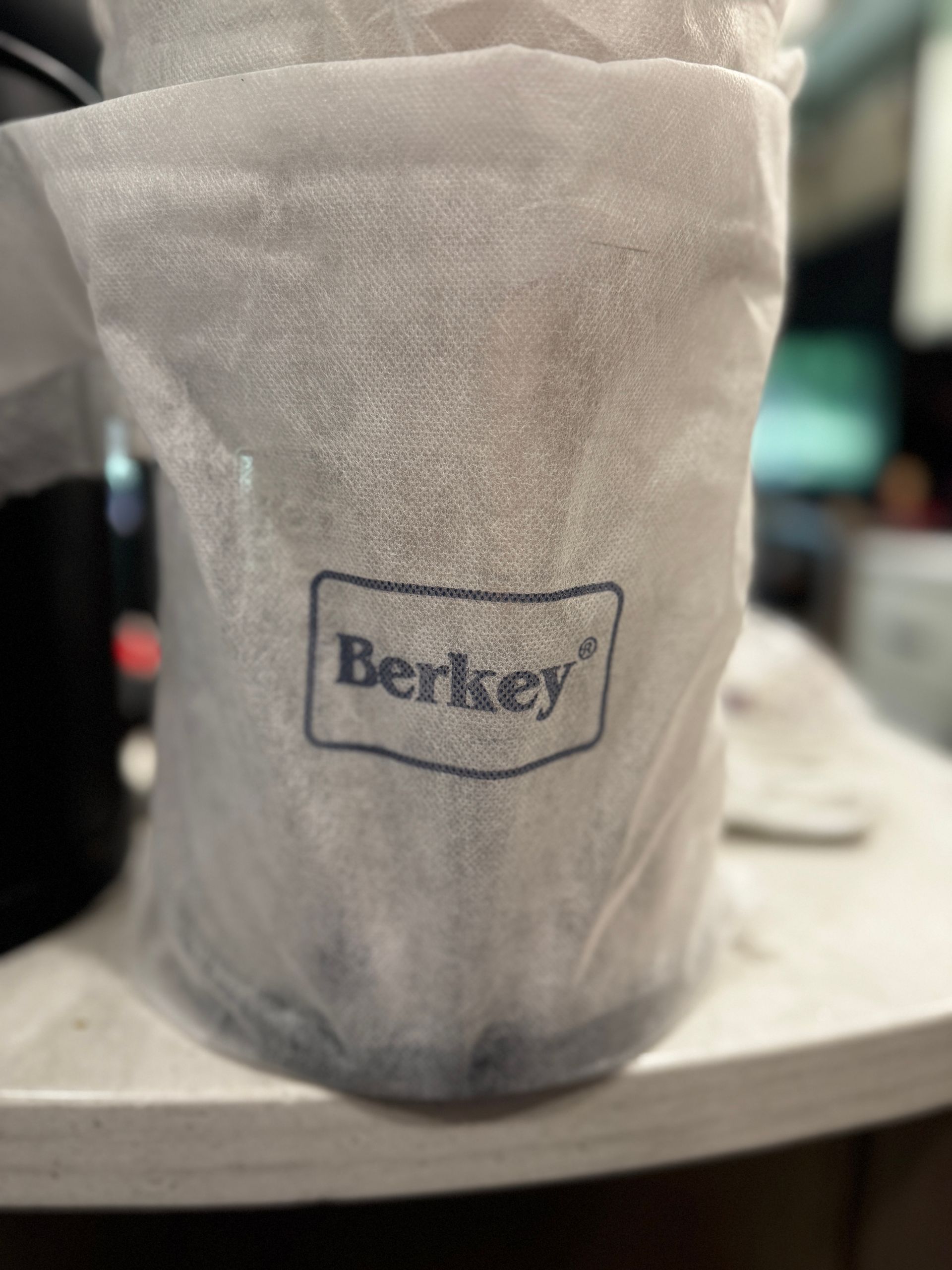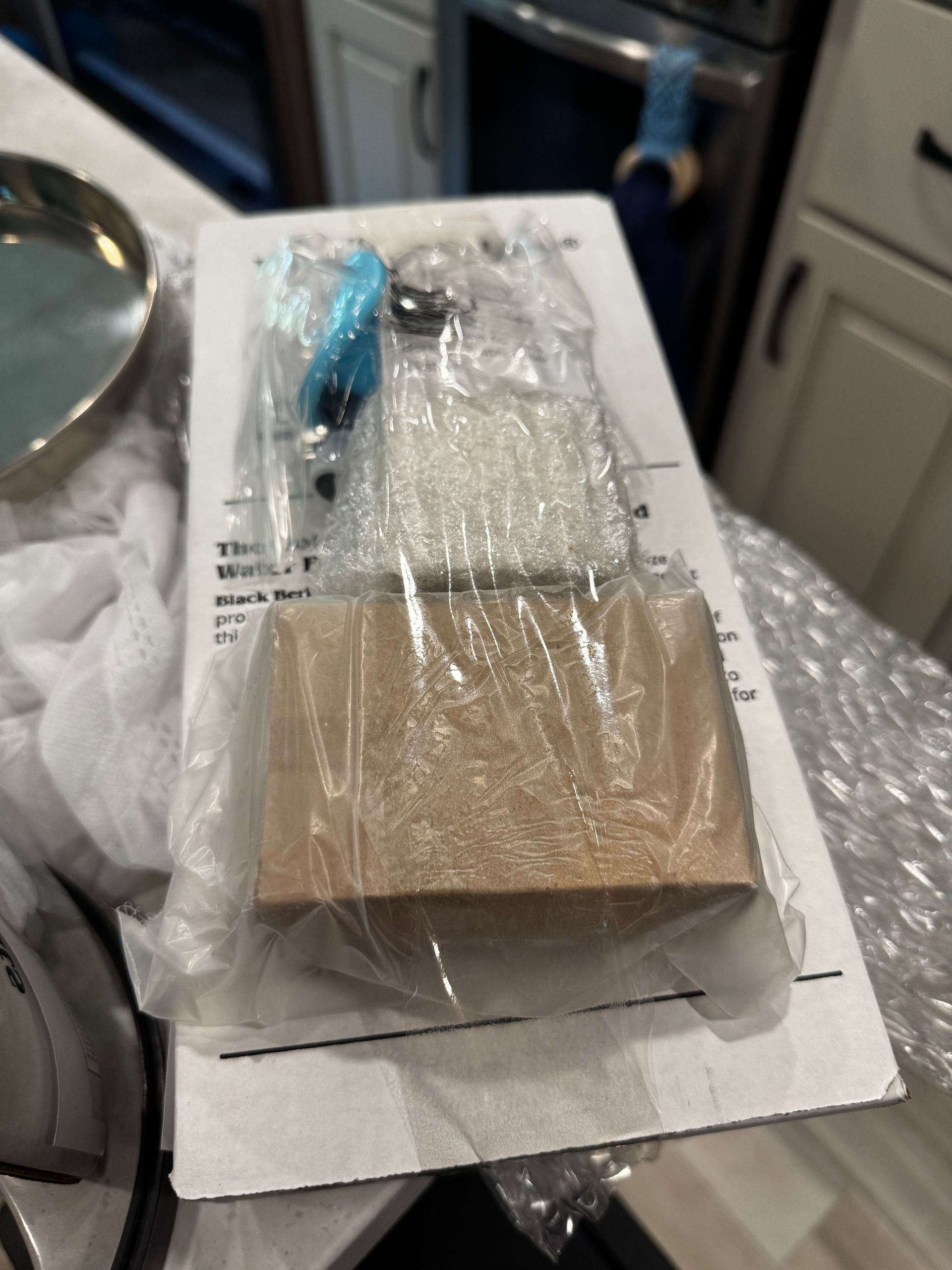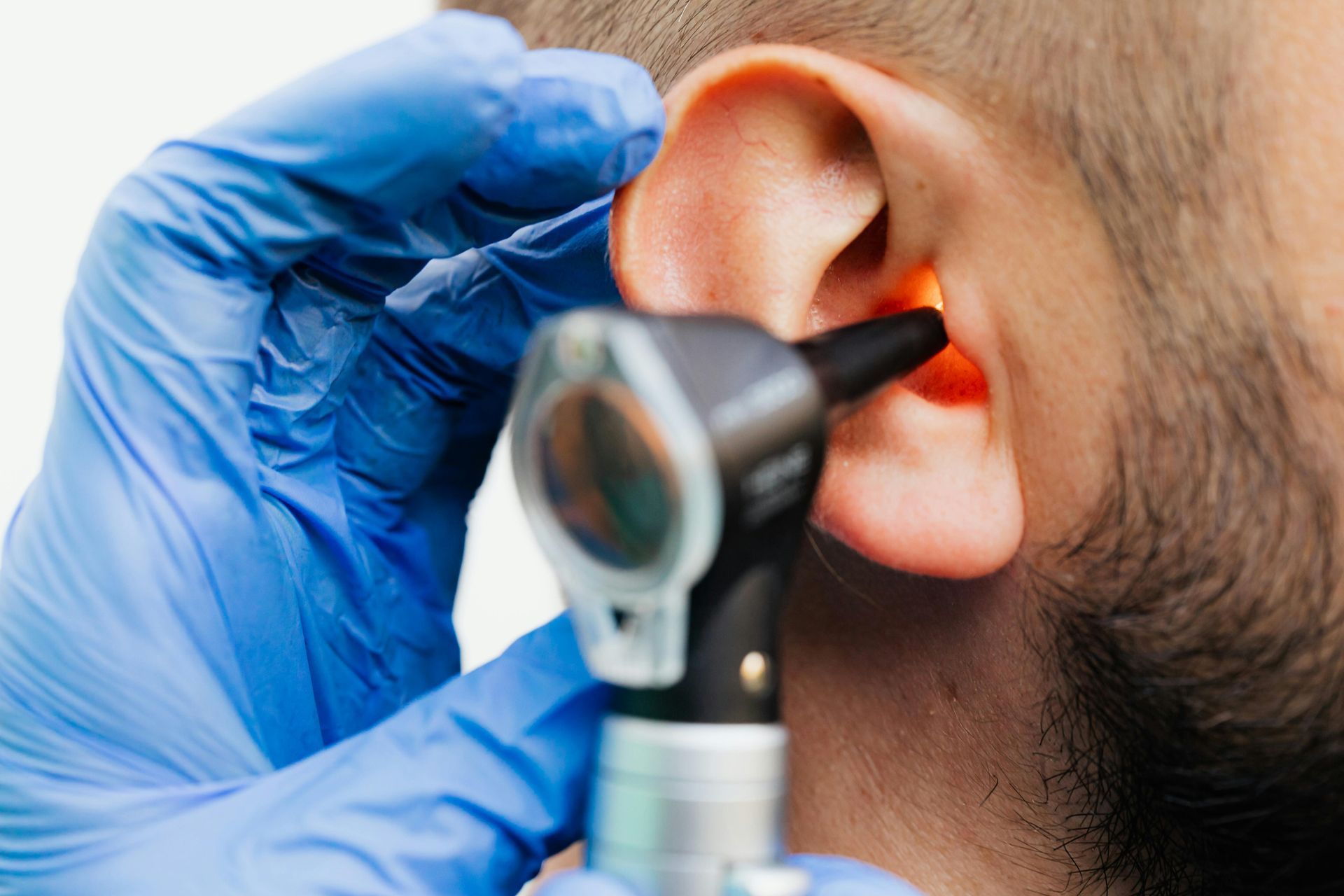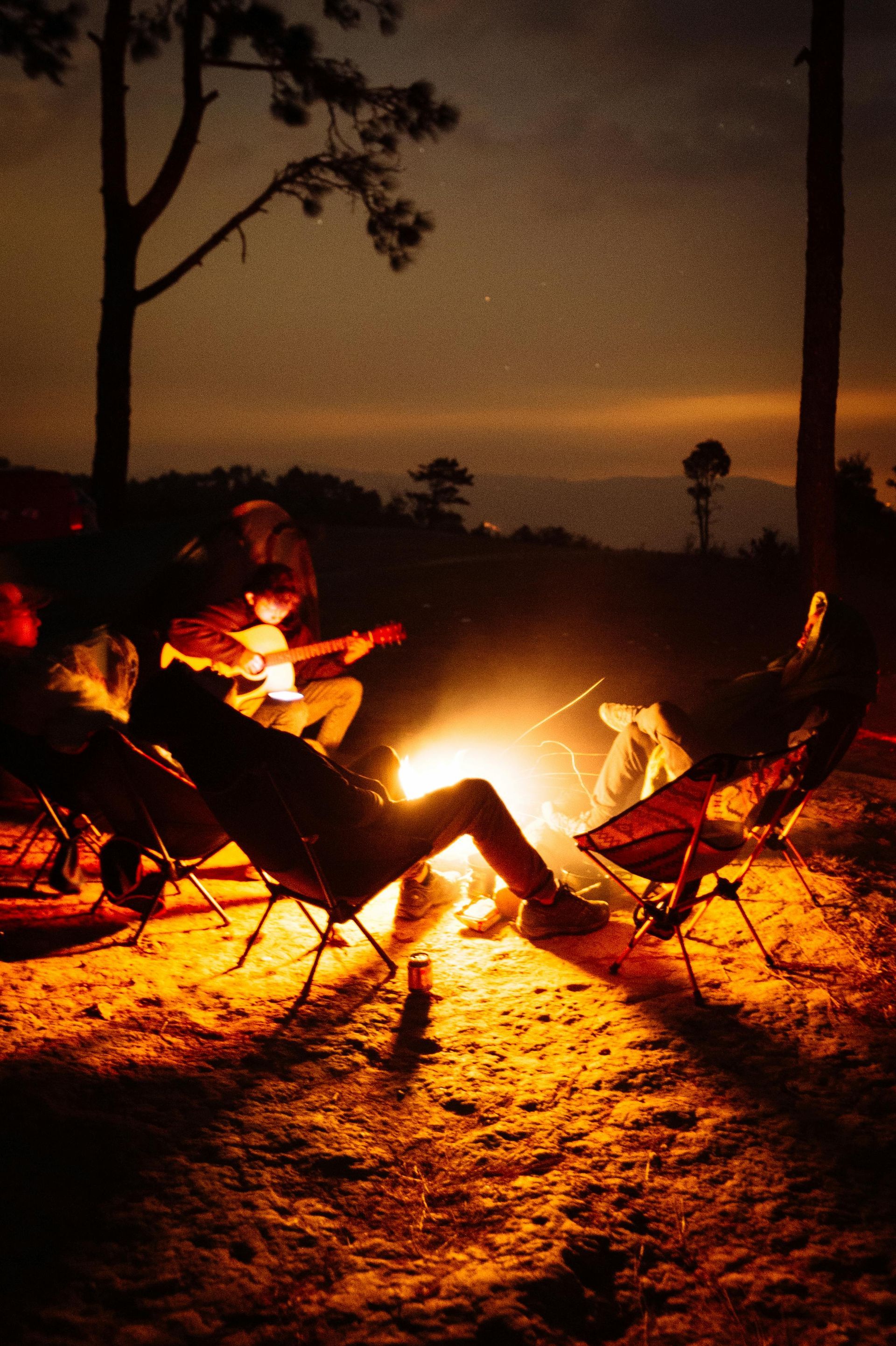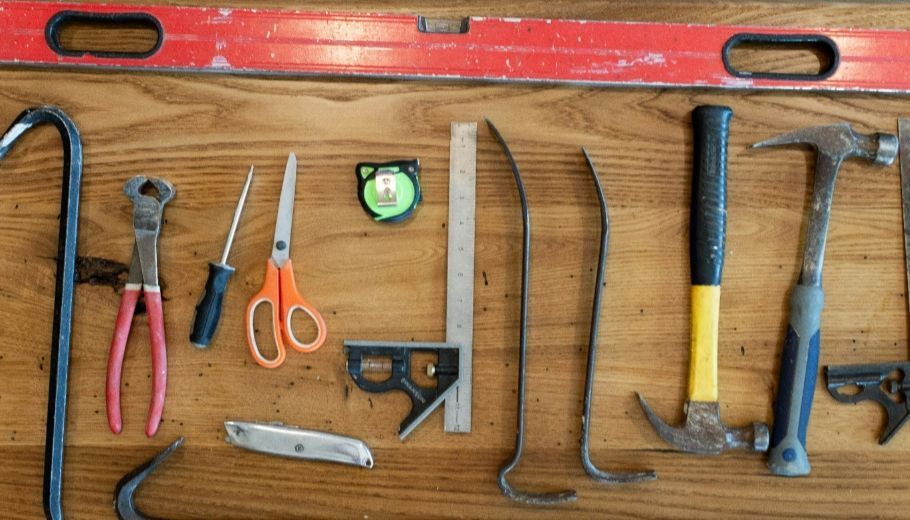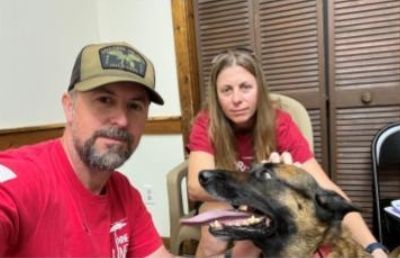Ditch the Bottles: Why RVers are Choosing Berkey Water Filters
Jennifer Aggio • July 13, 2025
For years, we resisted getting a water filtration system. Between the cost, the setup, and the uncertainty of how well it would work on the road, it just never made it to the top of the priority list. Instead, we did what a lot of travelers do—we filled 5-gallon jugs and grabbed cases of bottled water to make sure our family had something safe to drink. And let me tell you... we wasted SO. MUCH. PLASTIC.
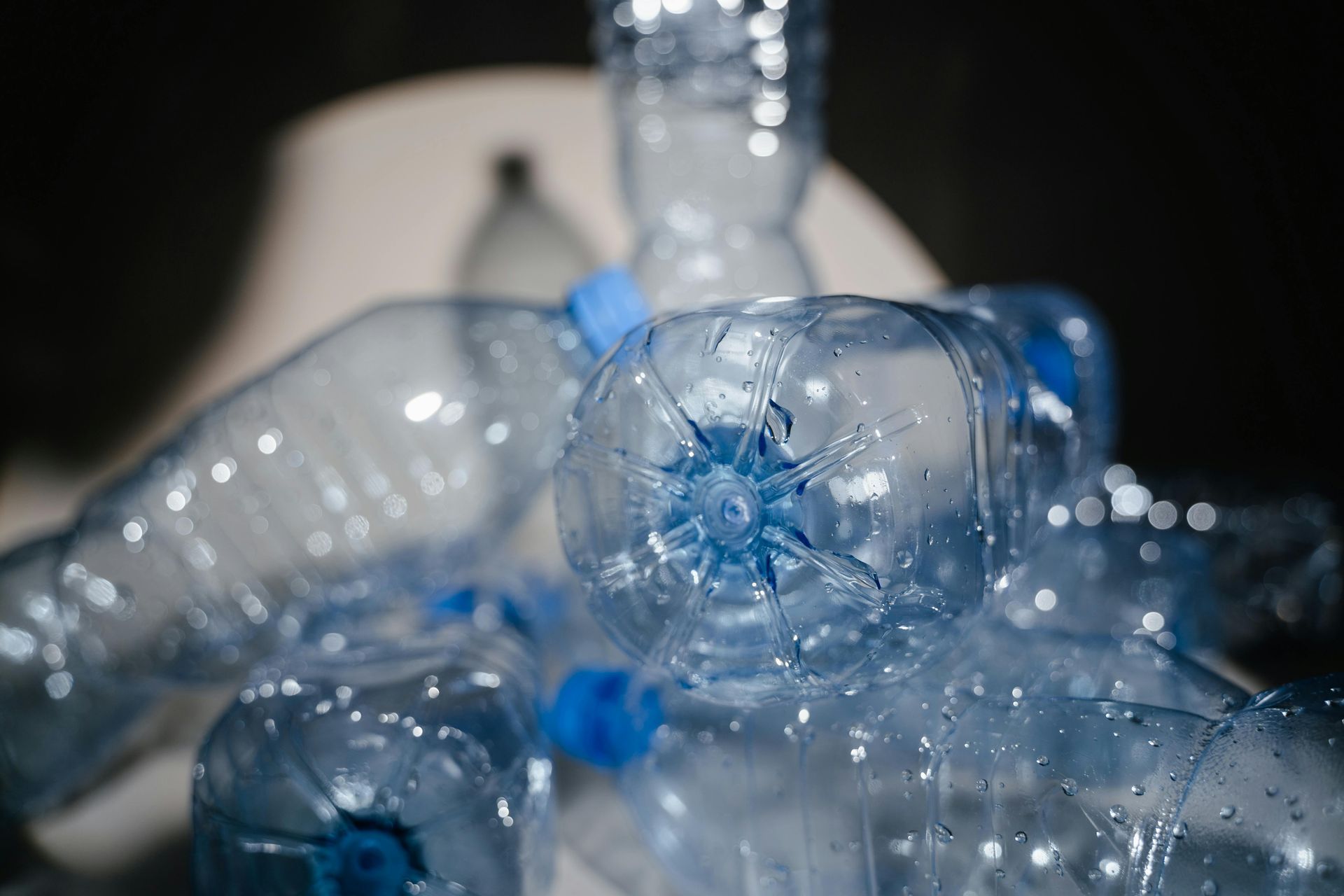
But over the last few years, we've been making small shifts to healthier habits, and that meant saying goodbye to plastic wherever we could, especially when it came to food and drink. That’s when Berkey landed on our radar. After receiving the Travel Berkey to try out, I can honestly say: I wish we had done this sooner!
First Impressions & Setup
When the box arrived, I was surprised by how compact everything was, they really know how to pack these things efficiently! The Travel Berkey is a great starter size and was perfect for letting our kids take part in refilling it. It’s not too big, fits well in just about any RV setup. That said, for a family our size, we do find ourselves refilling it more often than we’d like. A larger system would definitely be a better fit long-term, which I’ll dive into when I share our ideal Berkey setup a little later in this blog.
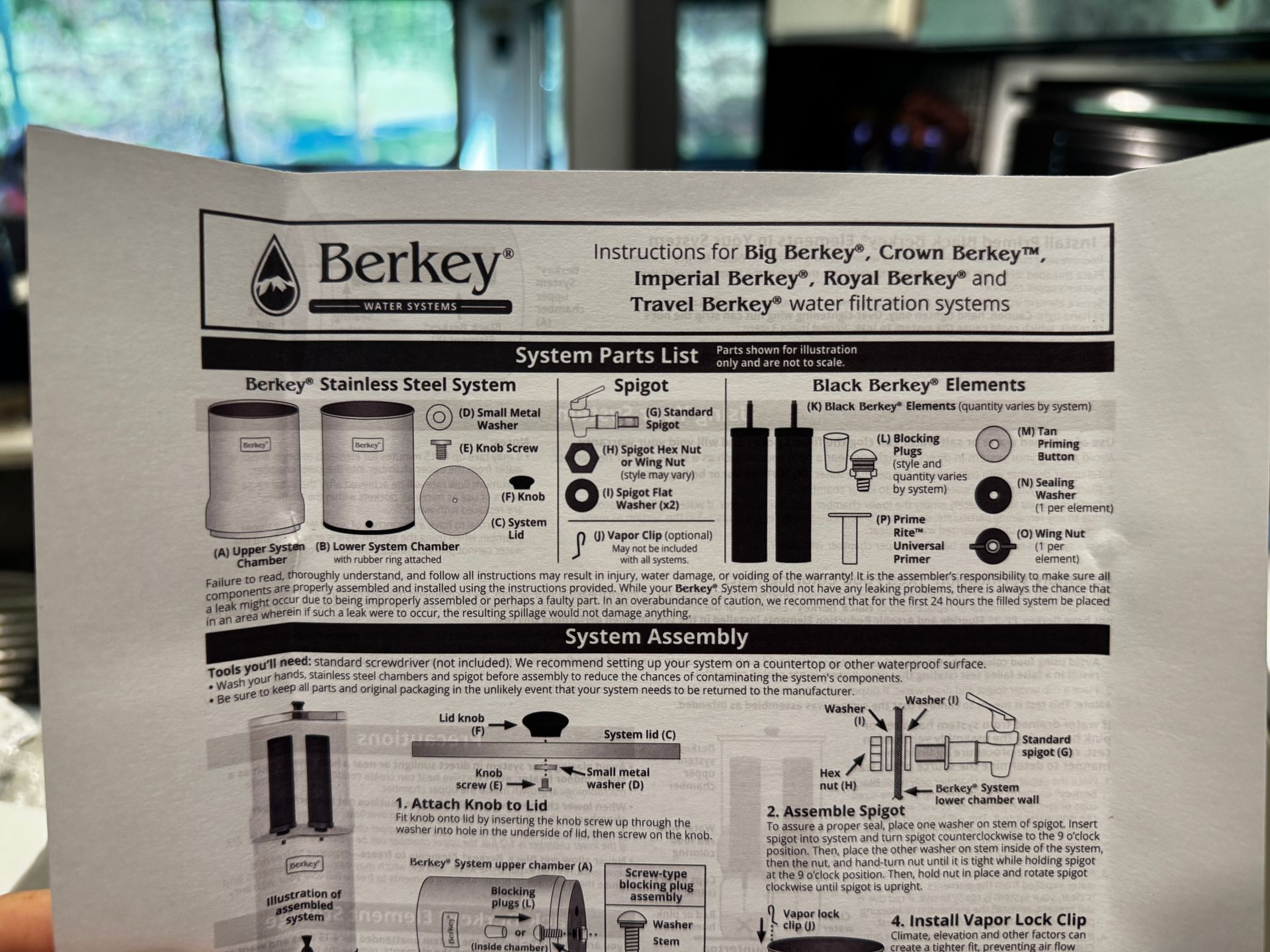
Setup took about 15 minutes, although I definitely recommend a second set of hands if you can wrangle one. There were a few moments I looked like I was attempting a new yoga pose trying to balance parts with my knee and chin! The blue primer worked great on one of the filters, but the second needed a bit more hands-on pressure.
One small wish? I’d love it if the Berkey came with a polishing cloth. After setup, the beautiful stainless steel finish was covered in fingerprints and smudges. Not a deal-breaker at all, but I’d definitely grab one of these polishing cloths to keep handy.
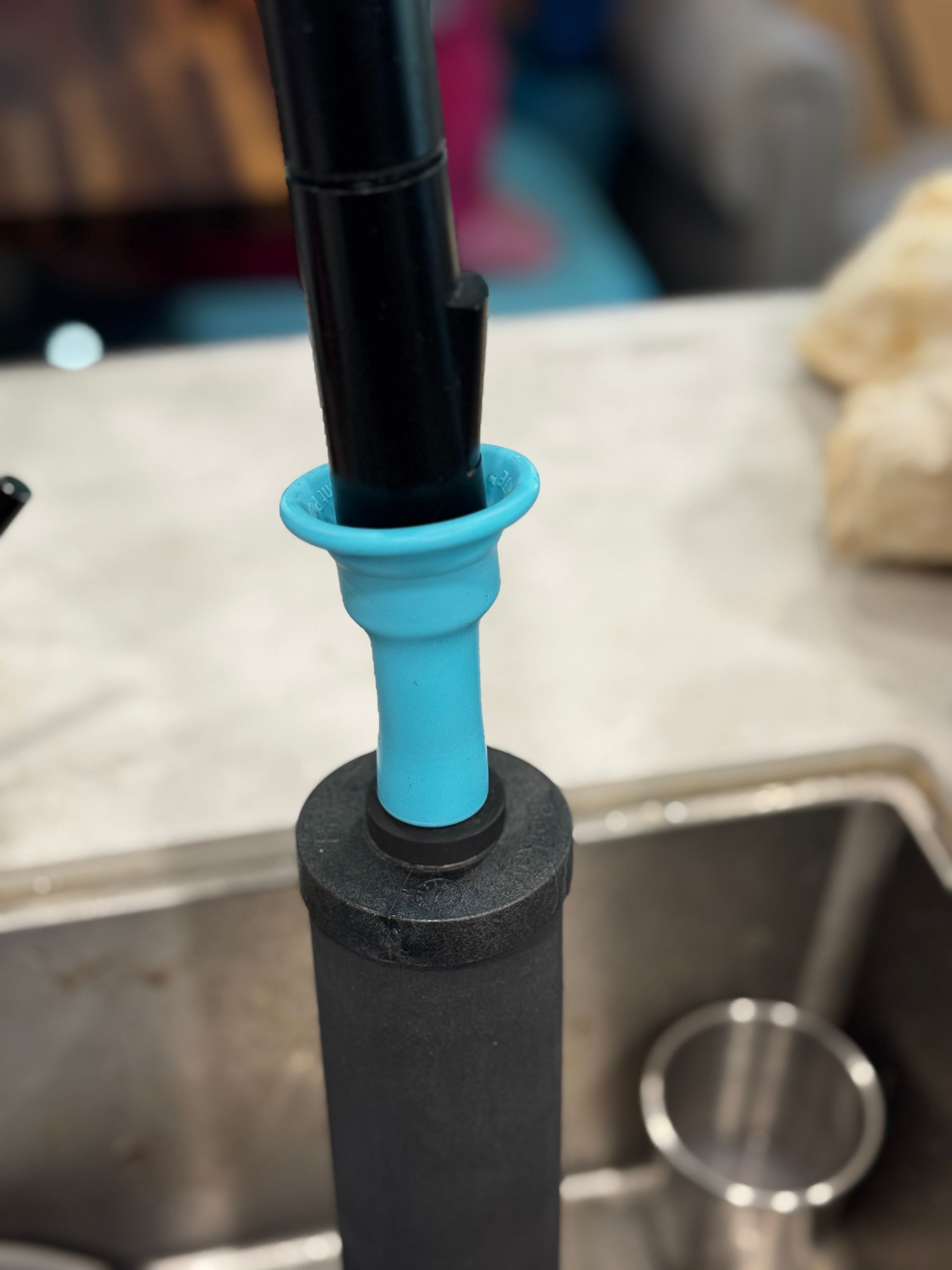
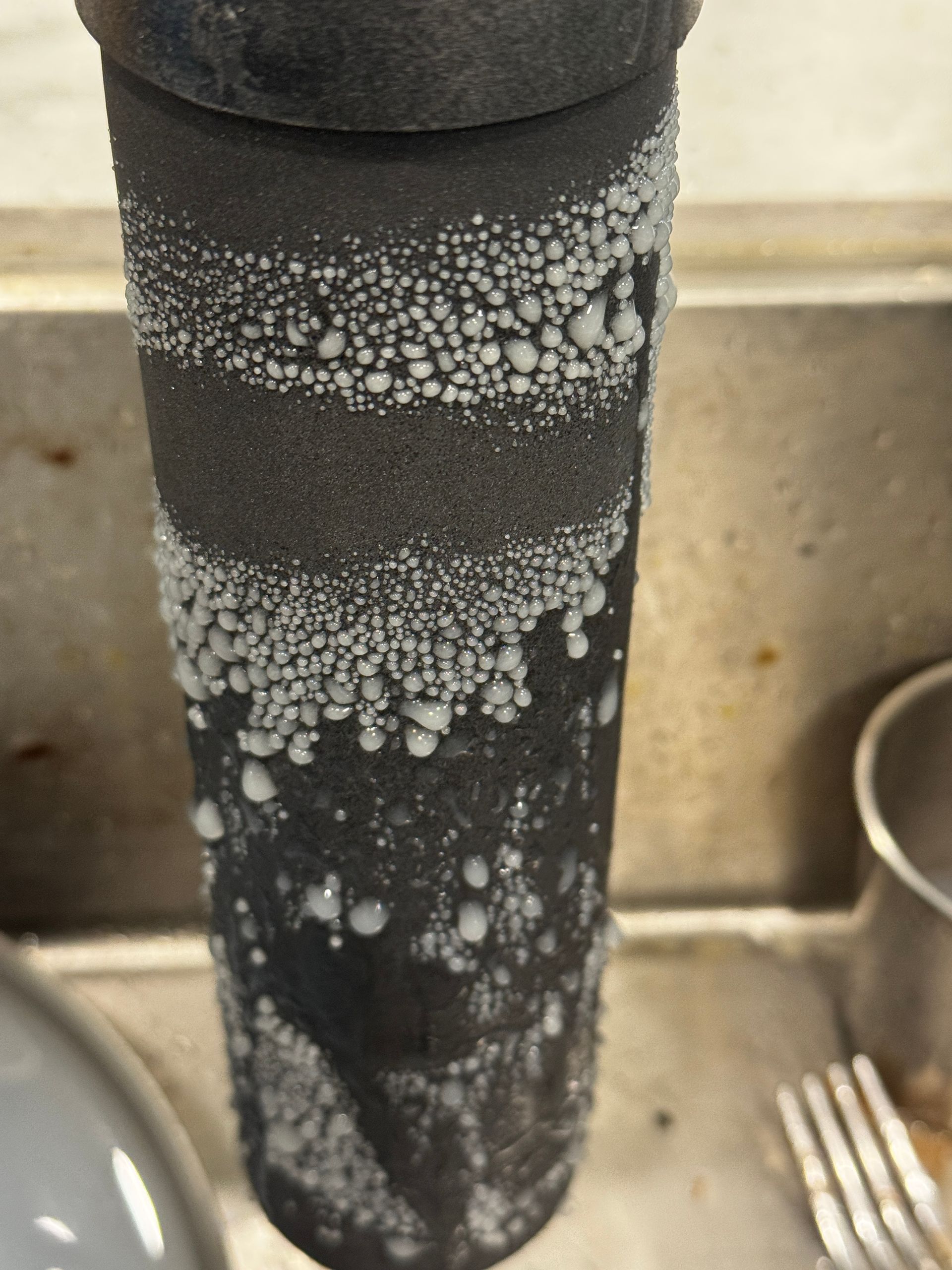
The Real Reason We Switched: The Numbers Don’t Lie
Beyond the convenience, the cost savings were what really pushed us to make the switch. Here's what we were spending before:
- 5-gallon jug refills:
$0.29/gallon × 5 gallons × 3 jugs a week × 52 weeks = $226/year
- Disposable water bottles:
Roughly $30/week × 52 weeks = $1,560/year
That’s a whopping $1,786 every year, just on drinking water!
Now Let’s Compare That to a Berkey System:
- 1 Black Berkey filter lasts up to 3,000 gallons
- Most Berkey systems hold 2 filters (so 6,000 gallons total)
- That gives you about 6 years of clean water (give or take depending on the condition of the water going into the Berkey)
- At roughly $175 for two filters (at the time of this blog), you’re paying just 3¢ per gallon
Want to level up?
- Many larger Berkey systems allow for 4 filters, which gives you 12,000 gallons of filtration.
- That’s roughly 12 years of water for around $350 in filters
- Again, that’s 3¢ per gallon, and you get twice the filtration speed
Even if we round up and include the system itself and future filter replacements, you're still looking at a cost around $50 per year (depending on the setup you choose) for clean, safe water.
The Bottom Line:
- Old way: $1,786 per year
- Berkey way: Around $50 per year (including the initial investment)
That’s a savings of over $1,700 a year, not to mention a massive reduction in plastic waste.
It’s not just cost-saving, it’s sanity-saving. No more last-minute runs for water, lifting giant jugs, or worrying about what’s in the campground tap. Plus, we feel better knowing our kids are drinking cleaner water, free from contaminants, and without all that single-use plastic waste.
A Note for Fellow RVers
One thing to keep in mind: Berkey systems can’t be used with softened water. If you use an RV water softener, you’ll want to bypass it when filling your Berkey to keep your filters working properly. Using it with softened water can potentially clog the filters and void your warranty.
Tips for Travel Days
What About Travel Days?
If you're a full-time RVer like us, you're probably wondering: "What do you do with the Berkey when you're driving?" Great question and one we’ve had to figure out through trial and error.
Having a system in place makes it super easy to take your clean water setup with you, and it’s one less thing to worry about when you’re packing up the RV for your next move. Bonus? You’ll have great-tasting, filtered water waiting for you wherever you land.
Empty the Chambers
Always empty both the upper and lower chambers before hitting the road. Traveling with water inside can cause spills, sloshing, and extra wear on the unit, not to mention a mess if it tips over.
Remove the Filters Carefully
The filters are the heart of your Berkey system, so taking care of them, especially during travel, is key to making them last and work properly. Unscrew and gently remove the Black Berkey filters from the upper chamber. Be careful not to bang them against the metal to avoid cracking the ceramic elements.
Secure the System
We will place the Berkey on the shower floor covered with towels around it to protect the stainless steel finish and prevent it from shifting during travel. If you’re tight on space, disassembling it and stacking the top chamber inside the bottom helps save room.
Tips for the Filters
Depending on how long until you will use your Berkey again will determine how you want to pack the ceramic elements.
Short Trips (within 24–48 hours):
If you’ll be setting up again within a day or two, you can wrap the filters in
clean paper towels or lint-free cloths, then place them in a sealed plastic bag or container. This keeps them moist and prevents them from drying out completely, which avoids the need to re-prime.
Longer Trips or Storage (3+ days):
If it’ll be longer than 3 days, it’s best to let the filters
air dry completely. Once dry, you can store them in a breathable container (not fully airtight) in a cool, dark place. You’ll need to
re-prime them before reinstalling, but this helps prevent mold or bacteria growth.
Pack with Padding
Store the filters in a small box or padded container separate from the stainless steel system. Wrapping them in cloth or bubble wrap adds an extra layer of protection.
Label and Monitor Use
If you’re rotating between multiple filters (like for a larger system or backup set), label them with the date you started using them. This makes it easier to track how close you are to the filter lifespan, typically
3,000 gallons per filter.
Taking a few extra minutes to properly care for your filters ensures cleaner water and a longer lifespan for your Berkey investment, no matter where the road takes you.
Building Your Perfect Berkey Setup
If you're thinking about upgrading your hydration game, here are our recommended setups based on your household size:
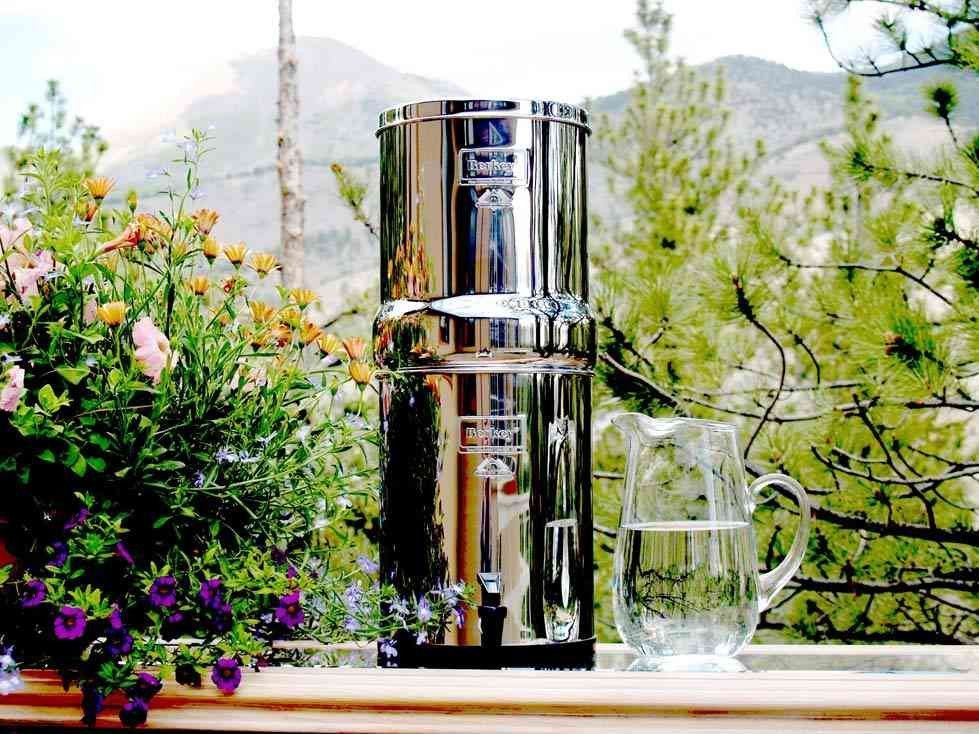
For Families (4 or more)
3.25 Gallons
for faster filtration
Berkey Water View™ Spigot (10" stainless steel)
to easily see water levels
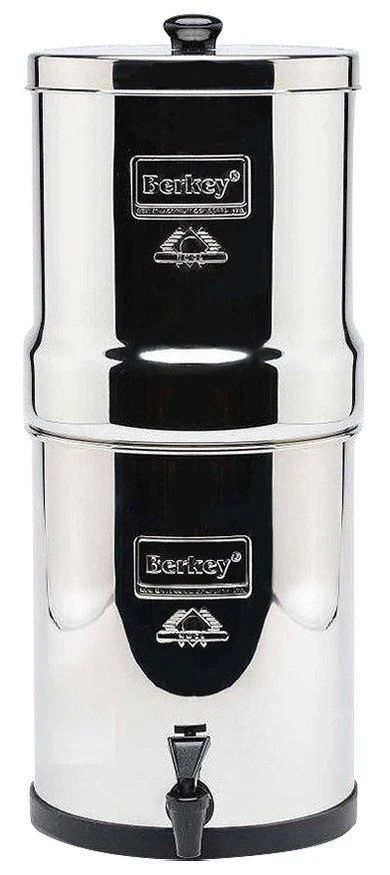
For Couples
2.25 gallons
for faster filtration
Berkey Water View™ Spigot (7" stainless steel)
to easily see water levels
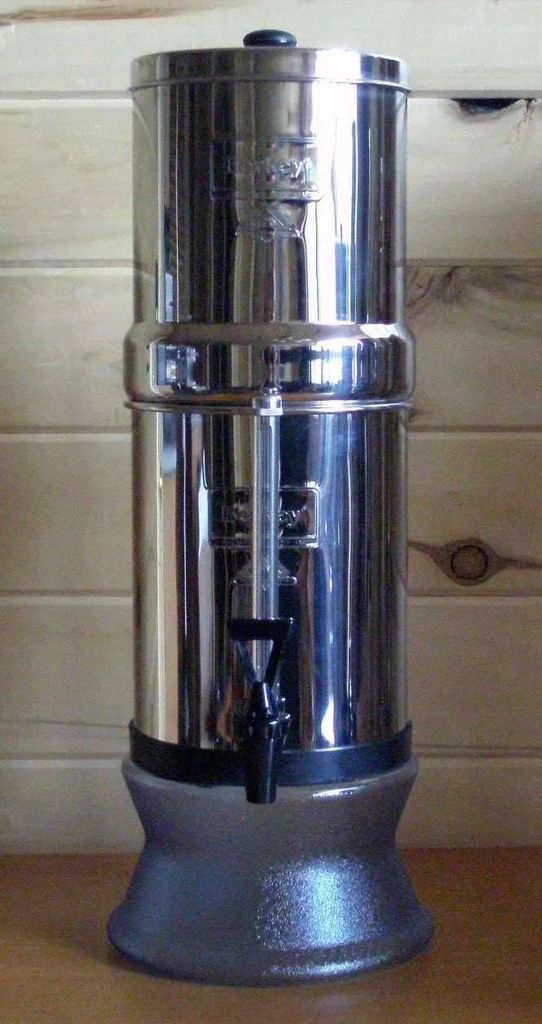
Traveling Solo
Keep Tabs on Your Water: Why We Use a Water Test Kit with Our Berkey
While Berkey filters are known for their impressive performance, removing over 200 contaminants from your water, it still gives us peace of mind to test the water ourselves from time to time, and keep up with when its time to change the filters.
Whether you're pulling water from campground hookups, well systems, or city connections, a simple water test kit can give you quick insight into what's going into your Berkey, and reassure you about what’s coming out.
Here’s why we recommend using one:
1.
Know What You’re Dealing With
Not all water sources are the same. Some contain higher levels of chlorine, lead, or bacteria. Testing helps you get a baseline and know how “hard” your Berkey is working.
2.
Track Filter Effectiveness Over Time
Periodically testing the water after it’s been filtered can help you confirm that your filters are still doing their job. If you ever notice a change in taste or smell, this is a quick way to check what’s going on.
3.
Choose the Right Test for Your Setup
There are a few options out there, from simple test strips to digital testers. Here are some we’ve found helpful and recommend:
ITS Complete Home Water Test Kit
Safe Home ULTIMATE Water Test Kit
4.
Great for RV Life
Since water hookups can vary wildly from park to park, we test occasionally just to be safe. It’s quick, easy, and gives us extra confidence when using new water sources.
Pro Tip: Use a TDS Meter—but Understand What It Tells You
A TDS meter is a great tool, but it’s important to know what it doesn’t tell you. TDS stands for Total Dissolved Solids, and while it gives a general idea of minerals in the water, it doesn’t detect specific contaminants like lead or pesticides. For that, you’ll want a full-spectrum test kit.
Final Thoughts
Switching to a Berkey was about more than convenience, it was about making a sustainable, healthy choice that fits our lifestyle. The upfront setup was simple (if a bit of a balancing act!), and the long-term payoff is worth it in every way: cost, health, and peace of mind.
If you're still doing the bottled water thing like we used to, give Berkey a try. You might just wonder why you waited so long too.

